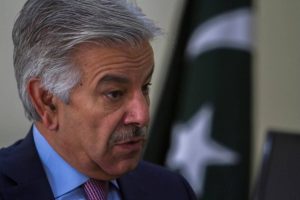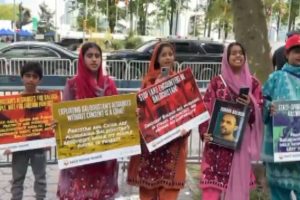In a significant policy escalation, U.S. Secretary of State Marco Rubio on Wednesday announced that the United States will begin revoking visas of Chinese students, particularly those connected to the Chinese Communist Party (CCP) or enrolled in strategically sensitive academic fields.
Rubio made the announcement via a post on social media platform X, stating, “The U.S. will begin revoking visas of Chinese students, including those with connections to the Chinese Communist Party or studying in critical fields.”
The move marks a further step in the Trump administration’s broader efforts to tighten control over foreign student enrollment, especially from countries perceived as national security risks.
Earlier the same day, former President Donald Trump intensified his criticism of elite American universities, notably Harvard, by proposing a cap on foreign student admissions at 15 percent. Trump suggested that some international students, particularly those from “radicalized” regions, pose a threat to public safety.
“We don’t want to see shopping centres explode. We don’t want to see the kind of riots that you had,” Trump said, implying that some foreign students are “troublemakers” influenced by the “radical left.” He criticized Harvard for admitting nearly 31 percent foreign students, questioning, “Why would a number be so big?”
Trump argued that qualified American students are being displaced by foreign applicants and pushed for universities to prioritize national loyalty. “I want to make sure that foreign students are people that can love our country,” he added.
Harvard, in response to similar policy pressures in recent months, has defended its international student body, stating in court filings that full-time international students comprise roughly 25 percent of its enrollment. The university has resisted federal demands for access to student conduct records and audits of political diversity, citing concerns over academic freedom and discrimination.
The visa revocation and university enrollment measures reflect a growing trend of U.S. policy linking national security with academic immigration, particularly amid escalating tensions with China over espionage, intellectual property theft, and geopolitical rivalry.





